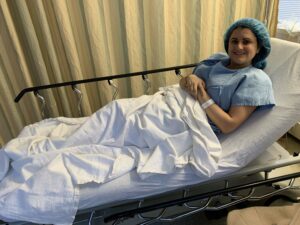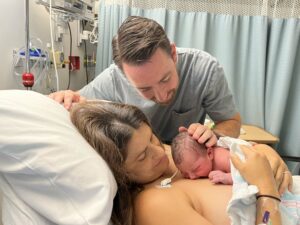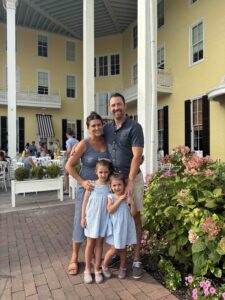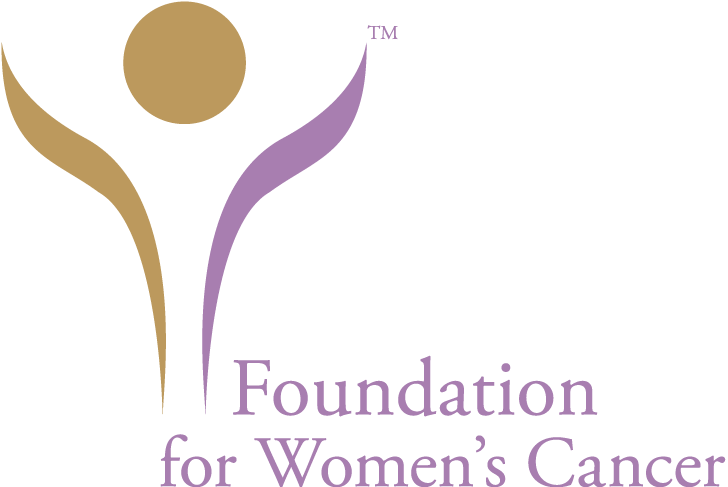Listening to Her Body: Jacqueline’s Journey with Uterine Cancer
April 18, 2018, was supposed to be a joyful season in Jacqueline’s life—just four months before her wedding. Instead, it became the day she received a call she would never forget: “I’m not sure how to say this, but you have cancer.”

For more than a year, Jacqueline had lived with debilitating symptoms: heavy bleeding that soaked through pads and tampons in minutes, blood-stained sheets, cycles lasting up to three weeks, exhaustion, and painful cramping. Despite her persistence, her symptoms were initially dismissed as something birth control could fix. She was only 30, after all.
But Jacqueline knew better. “I realized something was wrong,” she said. “I had a family history of uterine cancer and Lynch Syndrome. I trusted my gut.” An emergency room visit finally prompted further testing. A hysteroscopy revealed endometrioid adenocarcinoma, or uterine cancer, confined to the lining of her uterus.
Choosing Fertility-Sparing Treatment
Faced with two options, an immediate hysterectomy or fertility-sparing treatment, Jacqueline chose to fight for her dream of motherhood. For 20 months, she endured high doses of medication, a progesterone IUD, repeated biopsies, and four hysteroscopies. Only after two clear biopsies could she begin trying to conceive.

Though her first IVF attempt failed, Jacqueline’s determination and faith never wavered. Miraculously, she conceived naturally during the early months of the COVID pandemic. Her daughter was born in November 2020. Less than two years later, she welcomed her second daughter in June 2022. “Our girls are truly our miracles,” she shared.
Closing One Chapter, Opening Another
With her family complete, Jacqueline underwent a radical hysterectomy in 2022, removing her uterus, cervix, fallopian tubes, and ovaries. At 35, she was officially cancer free. Today, she is a board-certified health and wellness coach, helping others build healthy habits to reduce disease risk.
But her perspective on what saved her life remains clear: “I likely wouldn’t be here if I hadn’t listened to my body and pushed for answers,” she reflected.

A Call to Action During GCAM
Uterine cancer is the most common gynecologic cancer in the United States, and unlike cervical cancer, there is no screening test. Diagnosis depends entirely on paying attention to symptoms such as:
- Abnormal vaginal bleeding or discharge
- Prolonged or heavy menstrual cycles
- Pelvic pain or cramping
When it comes to health and receiving proper care, persistence matters. “Listen to your body—you know it best. And don’t stop until you find providers who listen, too,” Jacqueline emphasized. During Gynecologic Cancer Awareness Month, Jacqueline’s journey highlights a powerful lesson: early recognition saves lives.
